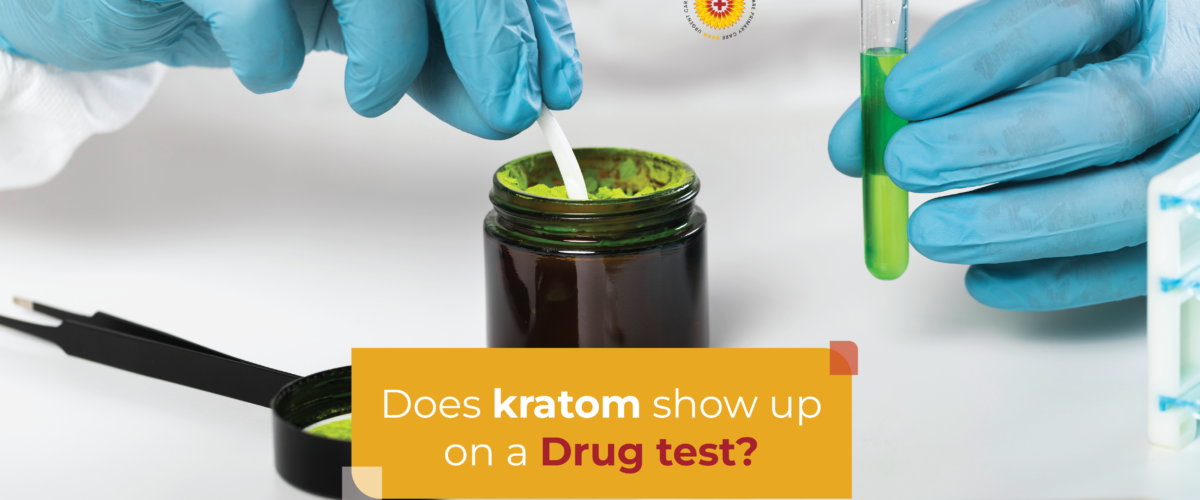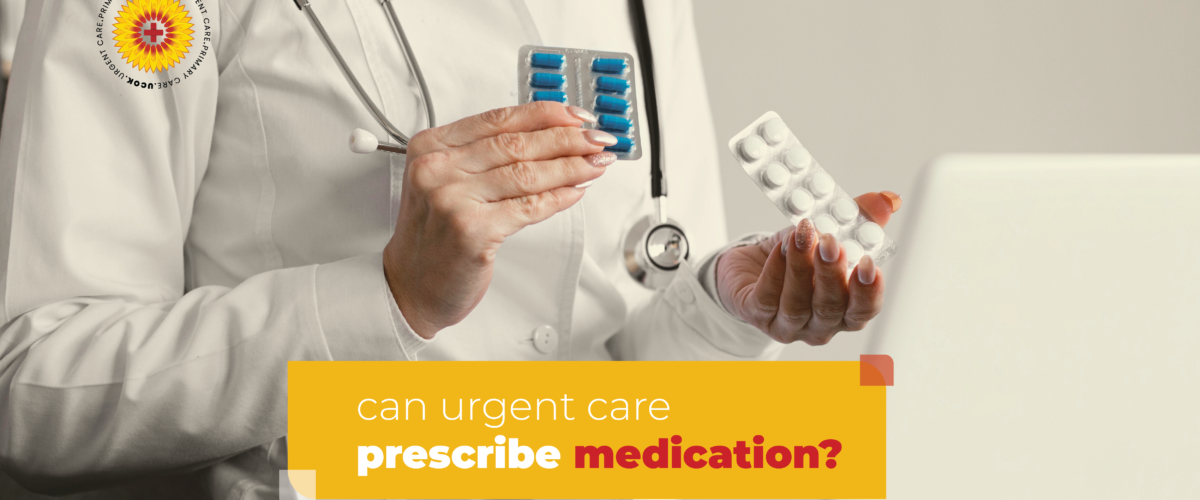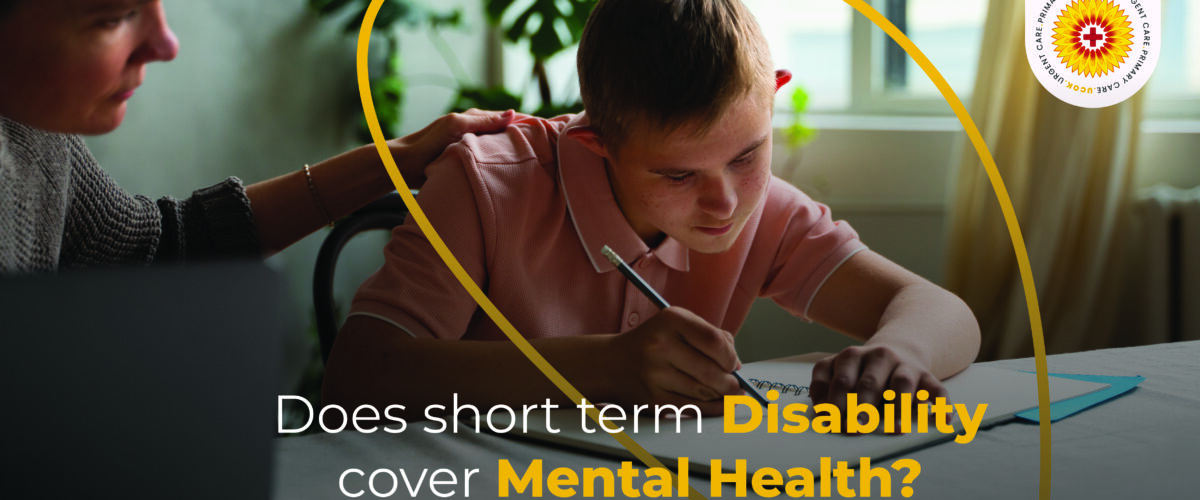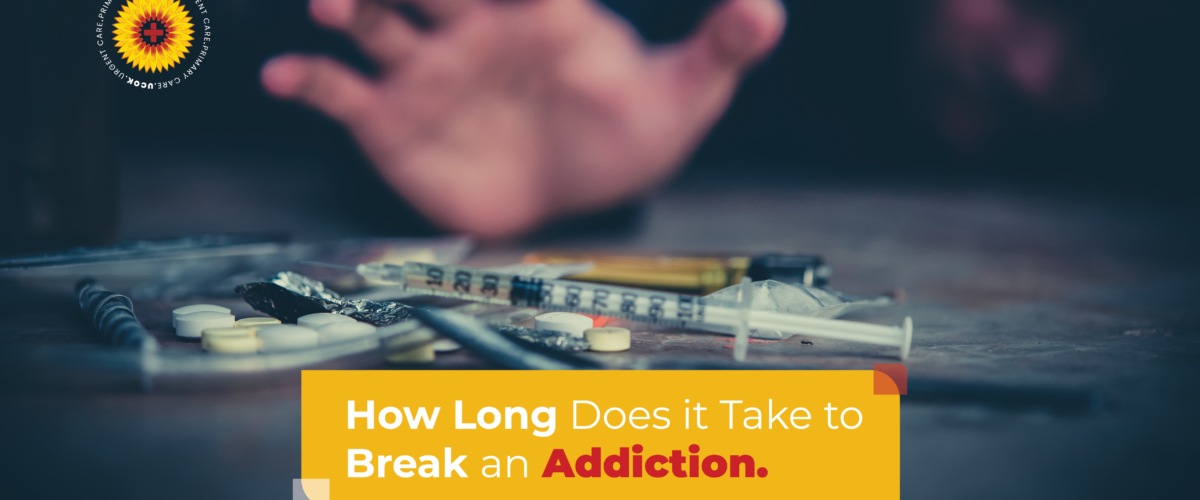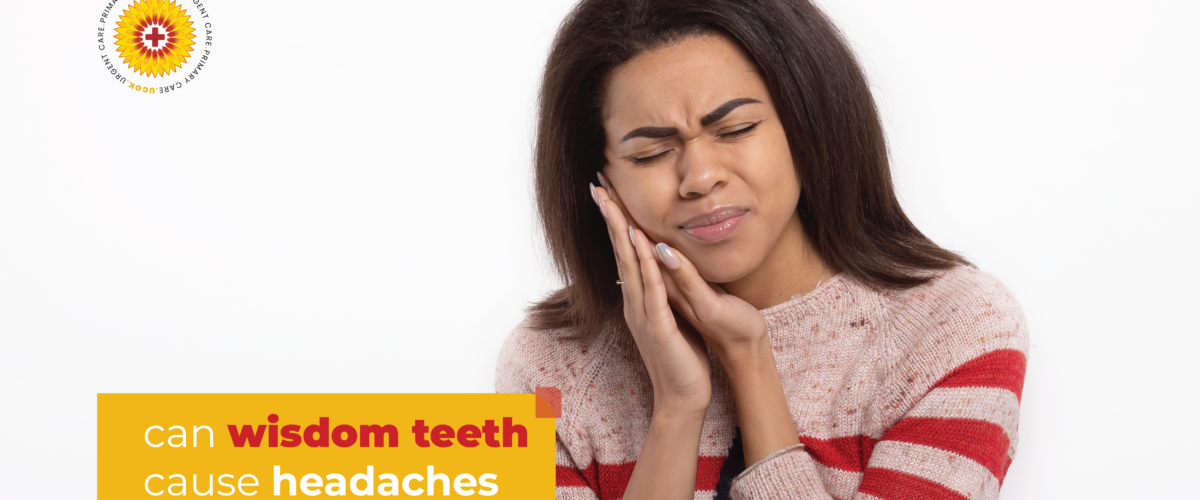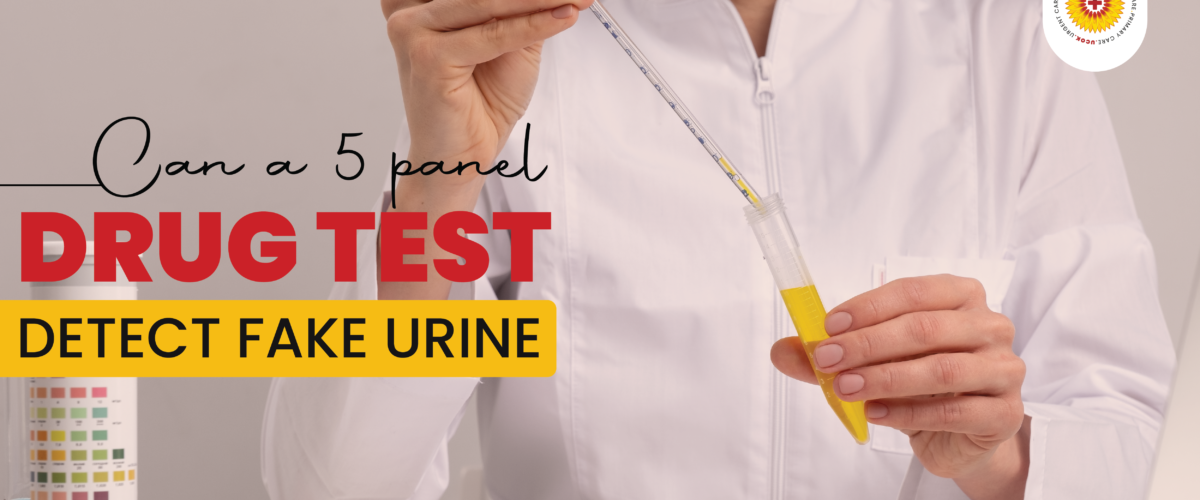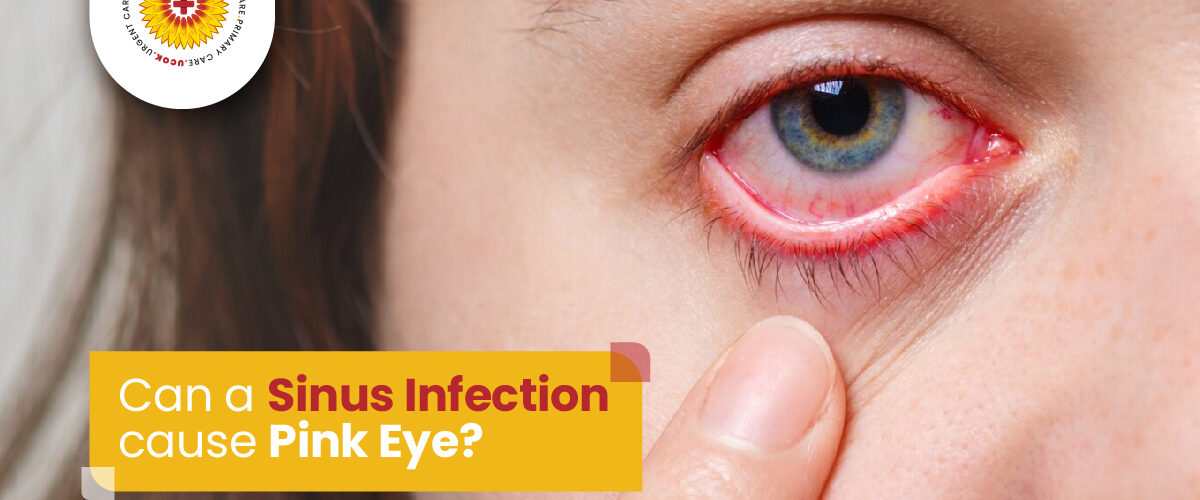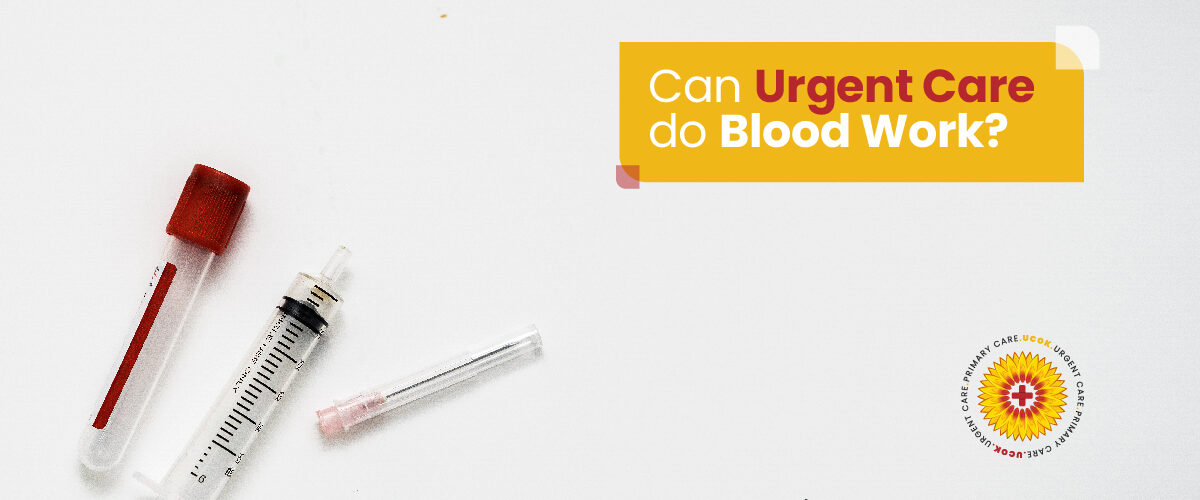
Does Urgent Care Do Stitches
If you get a big cut or wound, you might think, “Does urgent care do stitches?” Most of the time, you can. Getting stitches at urgent care is an everyday thing. It really helps for smaller scrapes and cuts. But sometimes, you might wonder, “Where to go for stitches?” or maybe you need something more than stitches, like going to the emergency room.
Let’s explore how urgent cares do stitches. We’ll identify when to go to urgent care for cuts. And we’ll find out when to visit an ER instead. Knowing these choices can get you quick help. They will ensure you get the right care for your wound.
At Urgent Care of Kansas, we quickly treat small cuts and wounds, even stitching them. Trust our skilled team for urgent help. Contact us today.
What Are Stitches?
Before exploring whether urgent care do stitches, we should clarify what stitches are. Referred to also as sutures, these are medical threads designed for closing wounds. Their function is to aid recovery by keeping the edges of a cut or wound united. They stop blood flow. They also lower infection risk and reduce scarring.
It’s vital to know how severe a cut is if you have one. This helps decide if stitches are needed.
Does Urgent Care Do Stitches?
Urgent care can efficiently handle minor cuts and wounds needing stitches. They are equipped for such injuries, avoiding the stress of an emergency room visit. Moreover, getting stitches at urgent care saves time and money compared to the ER.
“Can you get stitches at urgent care?” you may wonder. Typically, they can. But, big, deep, or sensitive wounds may require an ER visit.
What Types of Wounds Can Urgent Care Treat?
Urgent care centers are great for dealing with injuries that aren’t life-threatening. For instance, Urgent care for cuts typically treats:
- Small cuts and tears
- Cuts that are deep but not overly big
- Cuts in less sensitive areas as opposed to the face or joints
- Clean cuts, which mean there’s no dirt or debris inside
Are you uncertain? Always question, “How to know if a cut is too deep?” Usually, visible fatty tissue or the layers under your skin suggest that the gash might be serious enough to need stitches.
Will Urgent Care Do Stitches for All Types of Cuts?
You can usually get stitches for wounds at urgent care. However, sometimes the emergency room is a better choice. So, will urgent care do stitches for every injury? Not always.
Urgent care places might suggest an ER visit if:
- The cut is on your face and may cause scarring.
- The wound is very deep. It affects muscles, tendons, or nerves.
- The wound is from a severe accident, like a car crash.
Understanding when to seek ER care for such an injury is crucial to stop more complications.
How to Know If a Cut Is Too Deep
Figuring out if your cut needs stitches is key. Yet, how to know if a cut is too deep for immediate attention? Check out these indications:
- Length and Depth: Stitches may be necessary for cuts over ¼ inch deep or longer than half an inch.
- Open Cuts: If the wound stays open, stitches are likely needed.
- Exposed Tissue: Spotting skin layers, fat, or muscle calls for medical attention.
- Heavy Bleeding: Bleeding that won’t stop after 10 minutes of pressure needs stitches.
Figuring out where to go for stitches is pretty important now. Small cuts can be handled at the urgent care, they’ll stitch you up. But, if you’re really hurt, you might want to think about the ER.
When to Go to the ER for a Cut
Cuts might send us to urgent care, but not all wounds fit there. It’s vital to know when a cut needs an ER visit for proper care.
Go to the emergency room if:
- The bleeding isn’t stopping. If 10 minutes of pressure doesn’t handle it, the wound may be big.
- The cut is wide and deep. If you see muscles or tissues, seek urgent care. Regular care may not be enough.
- You’ve been in a bad accident. If your cut came from a major injury, head to the ER.
- A cut can have dirt, shards, or foreign objects. If it does, a specialist is needed to clean and stitch it properly.
In emergencies, knowing whether to get stitches or go to the ER is vital. This helps you make decisions.
The Benefits of Getting Stitches at Urgent Care
Urgent care for stitches has benefits over the ER.
- Quick Service: ERs sort patients by injury severity. If you’ve got a small cut, you might wait a long time. But urgent care for stitches can be quicker.
- Affordable Pricing: Urgent care is cheaper than the ER for non-serious issues. So, it saves you money.
- Accessible Spots: They are usually nearer than hospitals. Need stitches? Urgent care is often simpler to find.
Will Urgent Care Do Stitches After-Hours?
Thinking, “Will urgent care do stitches after normal hours?” The reply hinges on the particular clinic. Loads of urgent care centers have longer hours, even around the clock, seven days a week. Best to ring them first and verify their opening times.
Got hurt late at night or on the weekend? You might still get stitches at urgent care. But double-check they’re open before you go.
When to Remove Stitches
Once you’ve received stitches for wounds at an urgent care facility, knowing the right time for their removal is essential. Predominantly, it depends on the stitch location and how well your wound is healing.
Usually, stitches are removed:
- On the face, it’s 5-7 days.
- Arms and legs take a bit longer, 7-10 days.
- Joints? Even longer, 10-14 days.
Remember, always check with your doctor to make sure your wound is healing right.
Conclusion: Where to Go for Stitches
Ever wondered, “Can you get stitches at urgent care?” Yes, they can. They’re a quicker, less expensive choice for many small wounds compared to emergency rooms. Yet, always consider how serious your injury is. Think whether urgent care is suitable for stitching your wound, or if you need to go to the ER.
Keep in mind, that understanding if a cut is very deep and when it’s right to visit the emergency room could save precious time. It will also ensure you’re given the correct attention. Often, urgent care for cuts is your top choice for swift, effective treatment.
FAQs
-
Can urgent care stitch up deep wounds?
Urgent care can sew up moderately severe cuts. However, if the cut is extremely deep or involves muscles and nerves, heading to the ER is recommended.
-
Is urgent care able to give stitches?
Yes, stitches are readily available at many urgent care centers for small injuries and cuts. These facilities are prepared to manage non-critical injuries that necessitate stitching.

